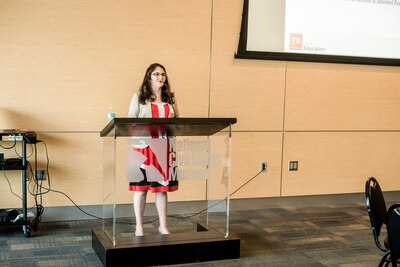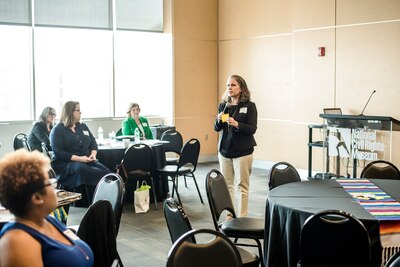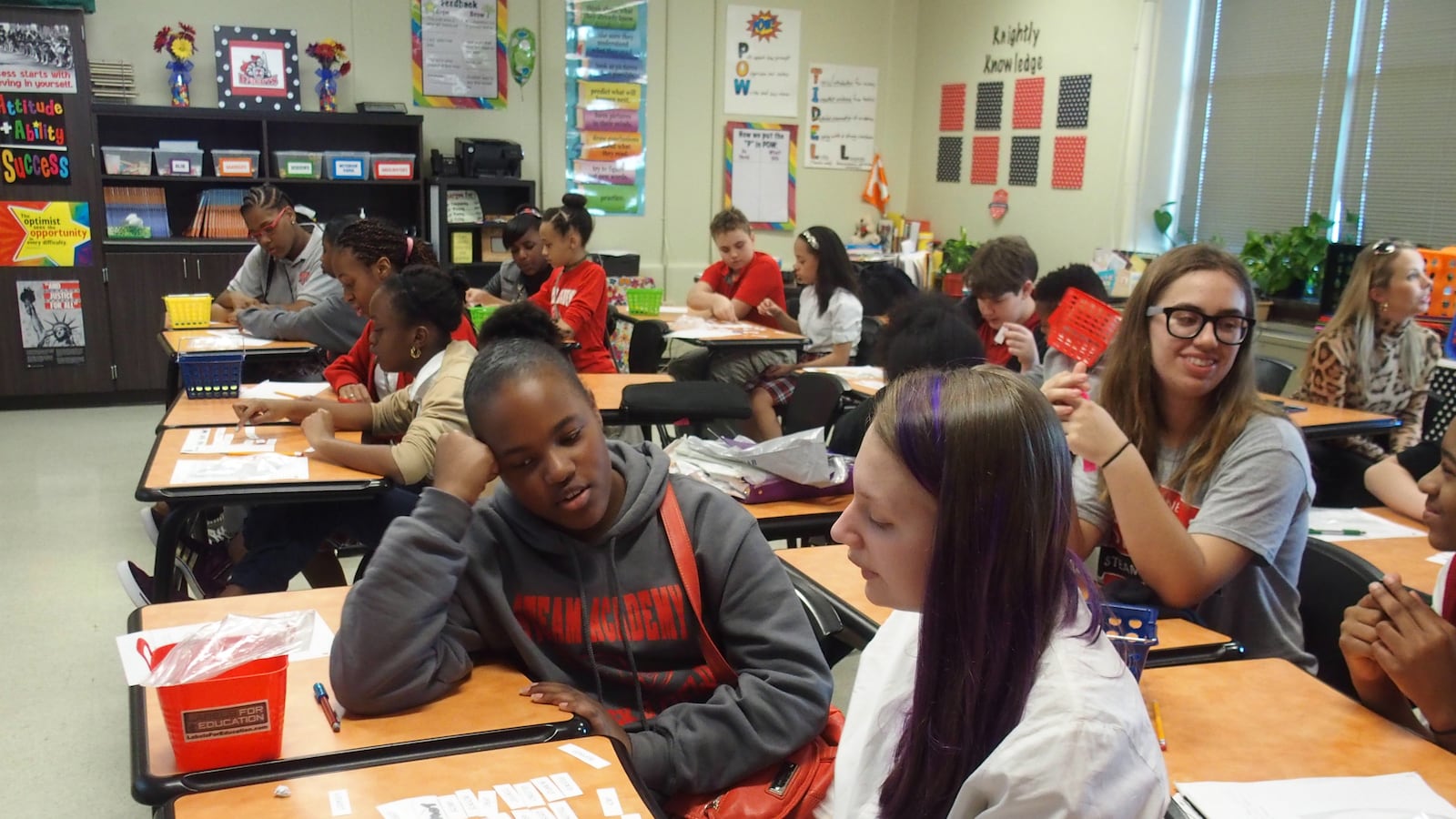An unusual way that Tennessee wants to hold schools accountable for helping all students is drawing the same reaction from groups that ordinarily agree on little: skepticism.
Both U.S. Education Secretary Betsy DeVos and local advocates for students of color say they have concerns about the state’s proposal for measuring whether schools are helping students of all races.
Under the new federal education law, the Every Student Succeeds Act, states must promise to intervene in low-performing schools — and they must show how the performance of various “subgroups” influences their decision making. The goal is to make sure that a majority-white school with low-performing black students, for example, does not escape the state’s scrutiny.
Tennessee is the only state to propose lumping several subgroups — black, Hispanic, and Native American students — together into a single “supergroup” when assessing schools. All of the other states that have submitted their plans to comply with the law say they will look at each group individually.
Tennessee is also the only state to propose not stepping in at a school unless at least 30 students who are poor, non-white, or have a disability are low-performing. Other states set a lower threshold in each category. (Michigan is using the 30-student threshold in some categories but not others.)
State education officials say the approach — which Tennessee used recently under a waiver from the previous education law — makes sense because in schools where black students are doing well, Hispanic students, for example, are also very likely to be doing well, too.
They also point out that the current accountability system has excluded tens of thousands of students whose schools are so racially segregated that subgroups are too small to be measured. More than 40,000 additional students would factor into the state’s accountability system under the proposal, according to state officials, who note that the larger threshold for each school would prevent situations where a tiny number of struggling students could trigger disruptive consequences for an entire school that is otherwise doing well.

“These are really high-stakes decisions,” said Mary Batiwalla, the state department’s executive director of accountability. “The more steps you throw into your system, the more subgroups you look at, the more volatile the data could be. And the likelihood for error from random chance increases. We want to feel certain when we make these decisions.”
But critics of the approach say lumping students from different groups together could make it easy to miss nuances in how to better educate each of those racial and ethnic subgroups.
“They are not the same population just because they are being underserved,” Emily Philippone, an ESL teacher at Sheffield High School in Memphis, said at a recent training session for Memphis educators and advocates hosted by the Tennessee Educational Equity Coalition. “We need to look to see what individual needs those students have.”
Others have raised similar concerns. A group that favors tough accountability for schools gave Tennessee’s plan strong marks — except when it came to the subgroup issue. The Campaign for School Equity, a school choice advocacy group in Memphis, made the same point in its first report this week. And Conexión Américas, a group that lobbies for immigrant students in Tennessee, is pushing for a different approach.
It appears that the critics have an ally in DeVos, who is responsible for approving states’ accountability plans. She has said she will approve any plan that complies with the law — and feedback from her department suggests that Tennessee’s does not.
“It is not clear whether each of the individual racial and ethnic subgroup of students is also separately included in the state’s accountability system,” education department officials wrote in their response to Tennessee’s proposal. The law “requires a state to include in its accountability system each major racial and ethnic group as well as the subgroups of economically disadvantaged students, children with disabilities, and English learners.”

Tennessee officials did not change their approach when they resubmitted their proposal in mid-July. But they did explain that they plan to analyze the performance of each group and use a smaller student threshold in its annual school report cards, which are meant to inform people in the state.
That’s a good step, according to some advocates, but not enough to ensure that vulnerable students are adequately served by their schools.
“There’s no immediate behavioral changes based on what comes out of reporting,” said Gini Pupo-Walker, Conexión Américas’ senior director of education policy. “I don’t think schools are going to realign resources from information coming out of reporting. They will for accountability.”

